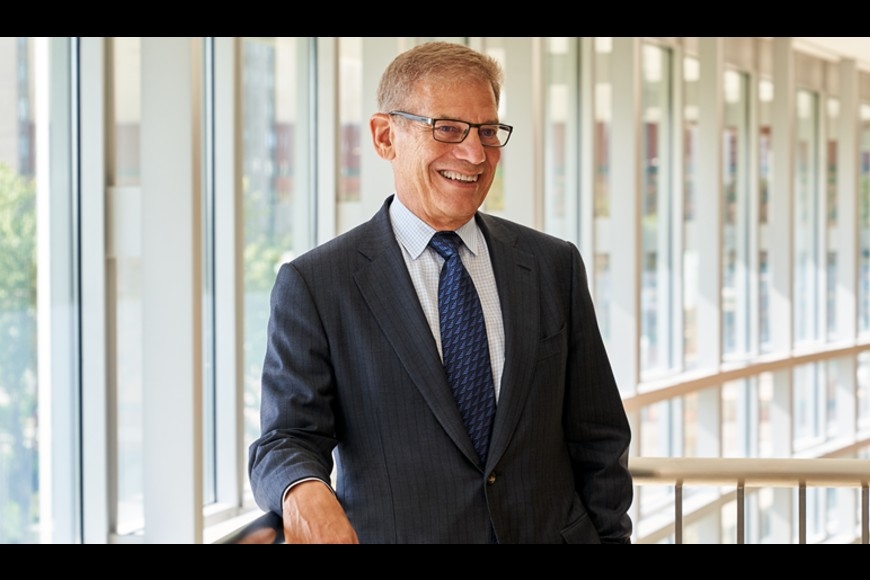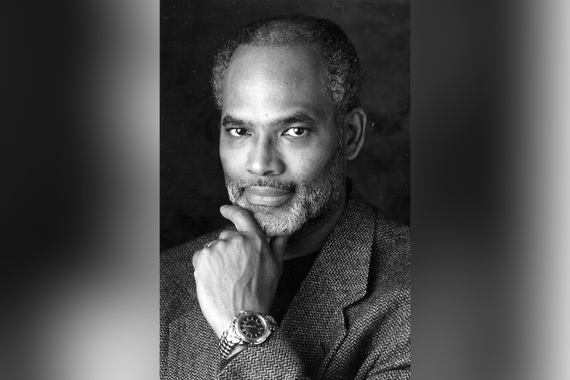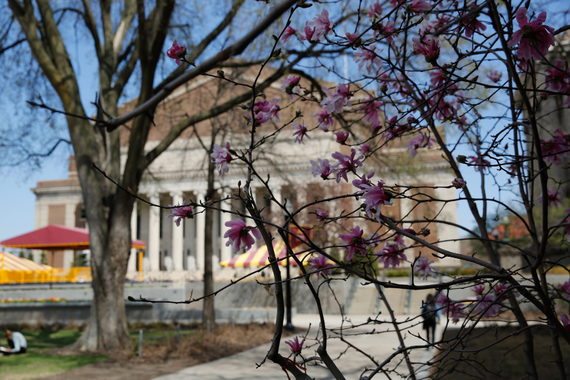Outstanding Achievement Award: Robert Litterman
When thinking about leaders in climate change solutions, most wouldn’t think about looking in the financial sector. But Robert Litterman (PhD ‘80, economics) is a groundbreaker building toward solutions to the challenges in and connections between both. World Wildlife Fund (WWF) CEO Carter S. Roberts describes Litterman’s approach to conservation as “cerebral, holistic, and wildly innovative,” and is just part of the reason for his being selected to receive the University of Minnesota’s Outstanding Achievement Award.
The highest award the University presents to alumni, the honor is conferred only on graduates, or former students of the University, who have attained unusual distinction in their chosen fields or professions or in public service, and who have demonstrated outstanding achievement and leadership on a community, state, national, or international level.
At the start
Following studies in biology and physics at Stanford and work as a journalist, Litterman came to UMN and earned his doctorate in economics in 1980; he went on to join the economics faculty at M.I.T., an extraordinary placement for a new PhD. He returned to Minnesota to work as a research economist at the Federal Reserve Bank of Minneapolis (read a Minneapolis Federal Reserve feature about Litterman), then went back east to enjoy a successful 23-year career at Goldman Sachs.
While at Goldman, he researched and published groundbreaking academic papers in asset allocation and risk management and co-developed the famous Black-Litterman Global Asset Allocation Model, an investment management tool still widely used. In 2010 he became a founding partner of Kepos Capital, a New York-based globally focused asset management firm.
Protecting the future
In recent years, Litterman has dedicated time and expertise to the goal of protecting the world for future generations. During the past decade, he has tackled environmental issues, particularly the problem of climate change, using economic tools to help find effective solutions to pressing environmental problems. His novel ideas are at the forefront of economics and finance and they have an impact on policy and practice.
Roger S. Fine, chair of the Robert Wood Johnson Foundation's Board of Trustees, said, "Central to human health is the health of the environment, including the key issues related to global warming and climate change. Bob, of course, is a recognized international guru on this subject, and provides invaluable insight, knowledge, and wisdom in this regard to our board and 280-member staff."
Another example of where Litterman’s ideas are put to practice includes his involvement on the board of directors with the World Wildlife Fund (WWF), where he is a valued voice on the perils of a warming climate and leads toward solutions through his educational background in science and professional expertise in financial markets and risk management. He played a central role in WWF’s development of its mission-aligned investment strategy that serves as a model for organizations seeking to break away from fossil-fuels, aviation climate policy, and other carbon-pricing policy circles.
A return to the U
Litterman is committed to the mission of the University through his service to the Heller-Hurwicz Economics Institute advisory board, returning to campus to give talks and presentations, and advising faculty and doctoral students on issues relating to climate change and risk management.
“Coming to the University of Minnesota provided me with a very rigorous structure of economic thinking that I’ve been able to apply in many interesting contexts throughout my career, ranging from economic forecasting, to investing, financial risk management, and now in helping to address the risks from climate change,” said Litterman.
“To have reached the pinnacle of success in both academic work and the application of that work to the world we live in—and will pass on to our children,” stated Dean of the College John Coleman, “is an achievement that eloquently reflects the true potential of education.”



